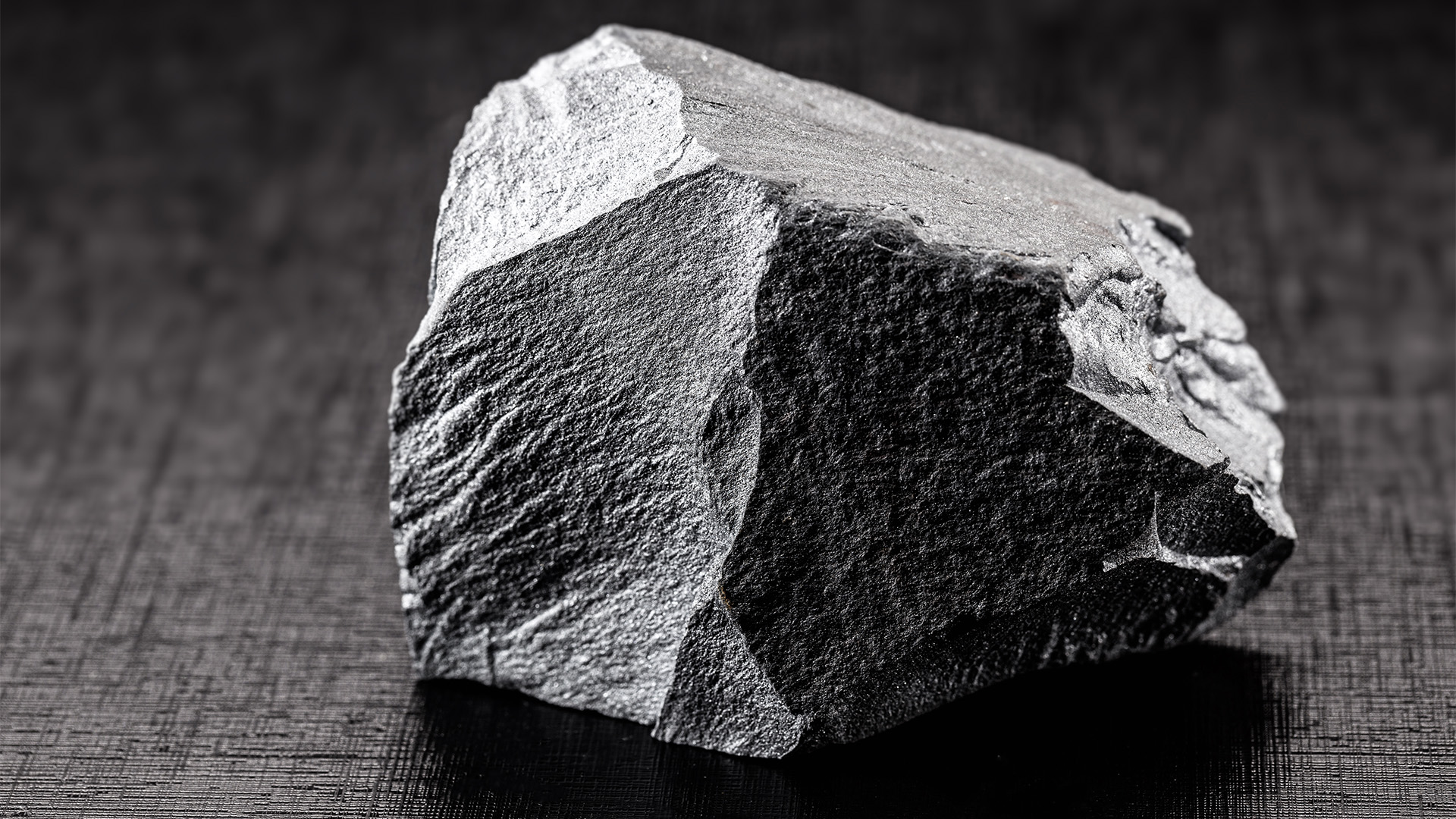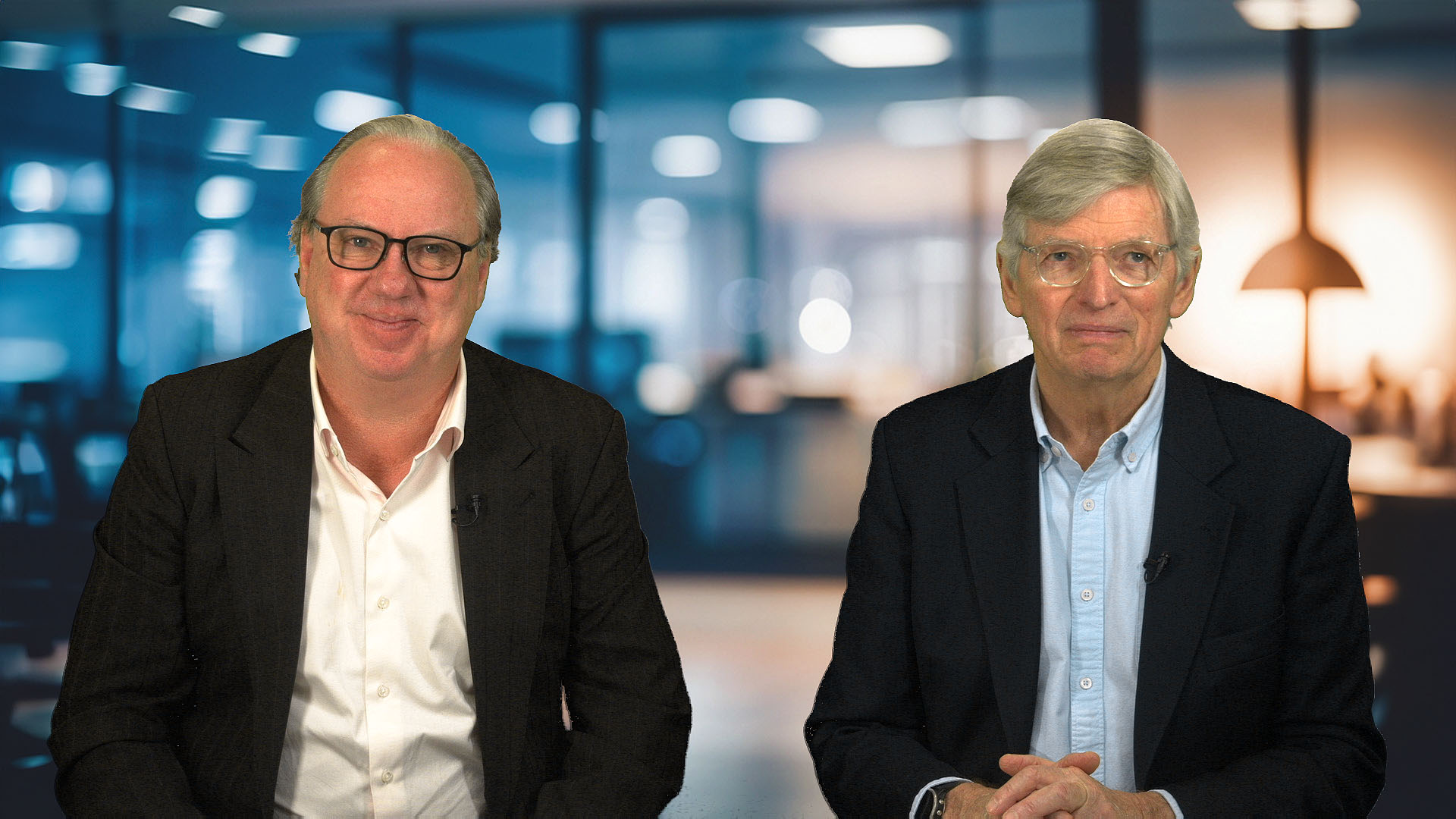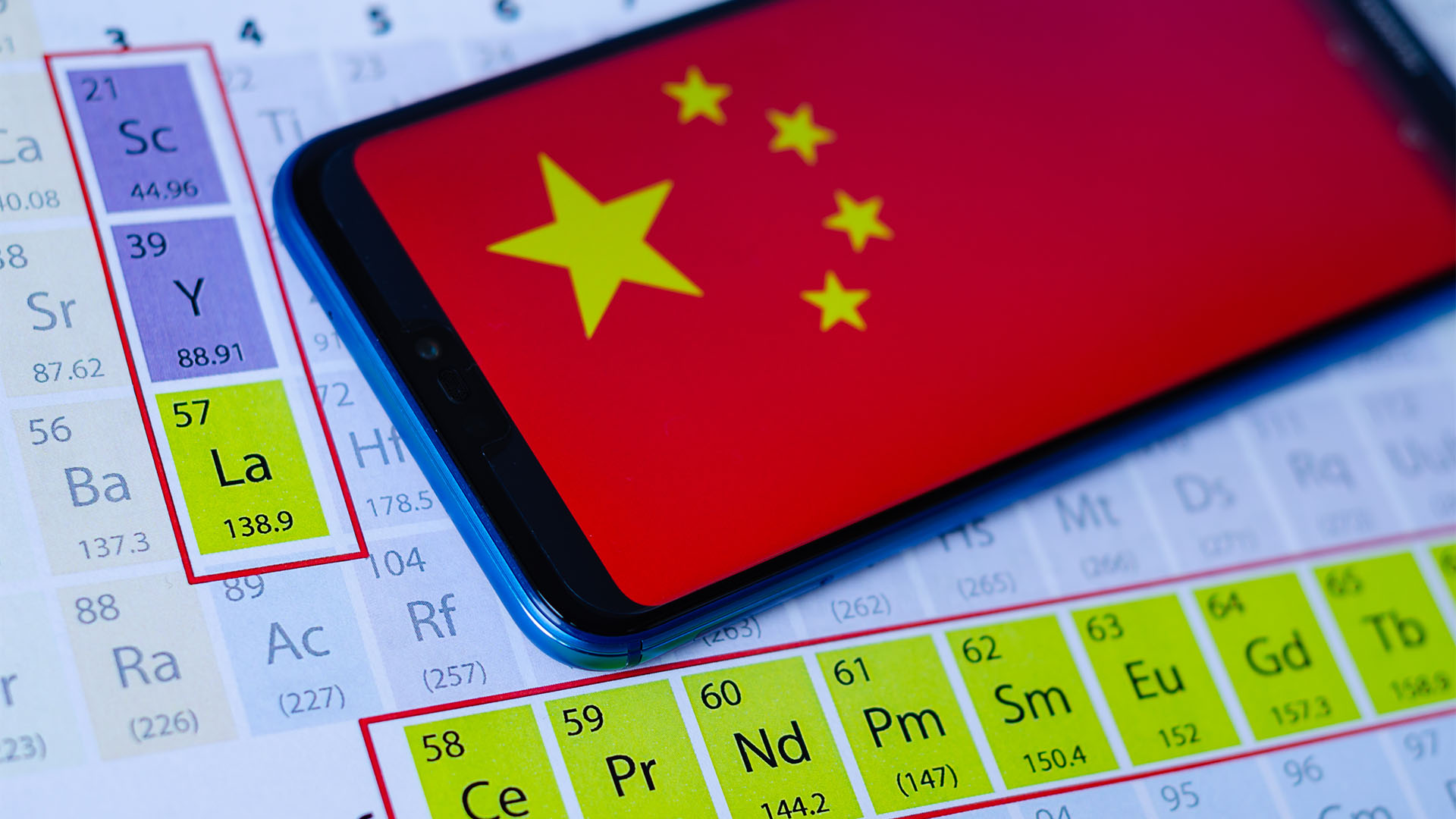Recent regulations issued by the US Department of Energy are set to have significant implications for Australia's lithium sector. These regulations, introduced as part of the Biden Administration's Secure Supply Chain Initiative, redefine the landscape for foreign entities, particularly those with substantial Chinese ownership, seeking government subsidies in the United States.
US Regulations and Foreign Entities of Concern
The US Department of Energy has outlined preliminary guidelines that categorise a "foreign entity of concern" as any entity with more than 25% ownership by Chinese, North Korean, Iranian, or Russian stakeholders. The consequence of this classification is that such foreign entities will no longer qualify for substantial subsidies offered under two of President Joe Biden's key green innovation initiatives: the $553 billion Inflation Reduction Act and the $550 billion Infrastructure and Jobs Act.
Challenges for Australian Lithium Industry
Australia's mining sector had pinned high hopes on benefiting from the US commitment to green energy initiatives, which encouraged American battery and vehicle manufacturers to source critical minerals, including lithium, nickel, and cobalt, from countries with existing US free trade agreements such as Australia.
However, the extensive Chinese presence in Australia's lithium industry, both as customers and investors, is expected to impede many miners' access to these US subsidies. A prime example is the Greenbushes mine, a significant lithium producer jointly owned by IGO, China's Tianqi, and Albermarle. Tianqi's 26% ownership stake in Greenbushes, along with a 51% stake in the Kwinana refinery responsible for processing ore into battery-grade lithium hydroxide, places these ventures at risk of losing out on crucial US subsidies.
Broad Implications for the Battery Supply Chain
The draft regulations could potentially affect a broader spectrum of Australia's lithium sector, especially if the US adopts a similar approach for the processing of critical minerals. Concerns have arisen due to China being the primary destination for Australia's major lithium product, spodumene concentrate, which raises questions about the concentration of the entire battery supply chain within China.
Nevertheless, the draft regulations propose that companies operating in multiple jurisdictions may still be eligible for subsidies for critical minerals processed outside of China. This situation could offer advantages to Australian companies such as Wesfarmers and Liontown Resources, which have consciously steered clear of Chinese customers in their lithium endeavors.
Expanding Impact on Other Sectors
Beyond the lithium sector, these regulations could also have implications for Australia's nickel and rare earths industries, where significant Chinese investment exists in certain companies. Notable players like BHP, IGO, and Wyloo may find themselves in a more favorable position compared to their Indonesian nickel counterparts with high levels of Chinese ownership.
Adaptation and Diversification
These new US subsidy rules pose a factual challenge to Australia's lithium and other critical mineral sectors, underscoring the necessity for a diversified ownership structure to maintain eligibility for subsidies in the US market. The draft guidelines are presently open for public comment before their finalisation.
As the Biden Administration's Secure Supply Chain Initiative seeks to balance the promotion of EV adoption and the reduction of dependence on Chinese-owned materials, various industries, including mining, automotive, and battery manufacturing, must adjust to the evolving landscape of supply chain security. The industry now faces the task of navigating these regulations while ensuring the viability of EV tax credits and the sourcing of critical materials in a changing global market.














